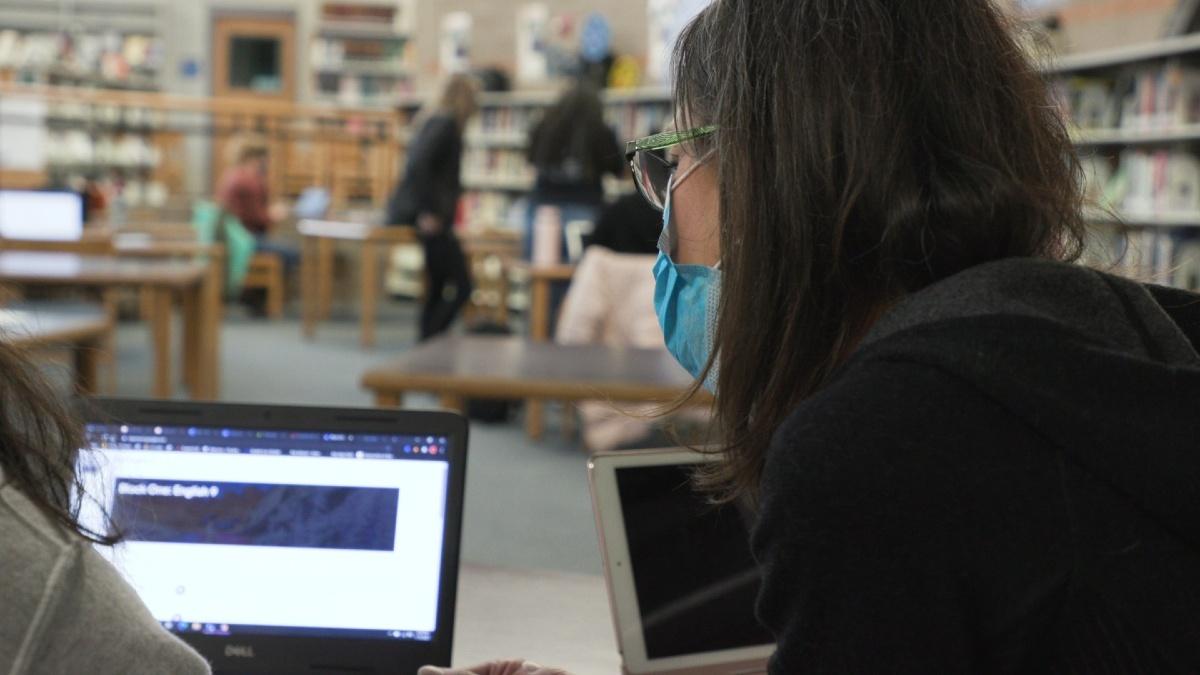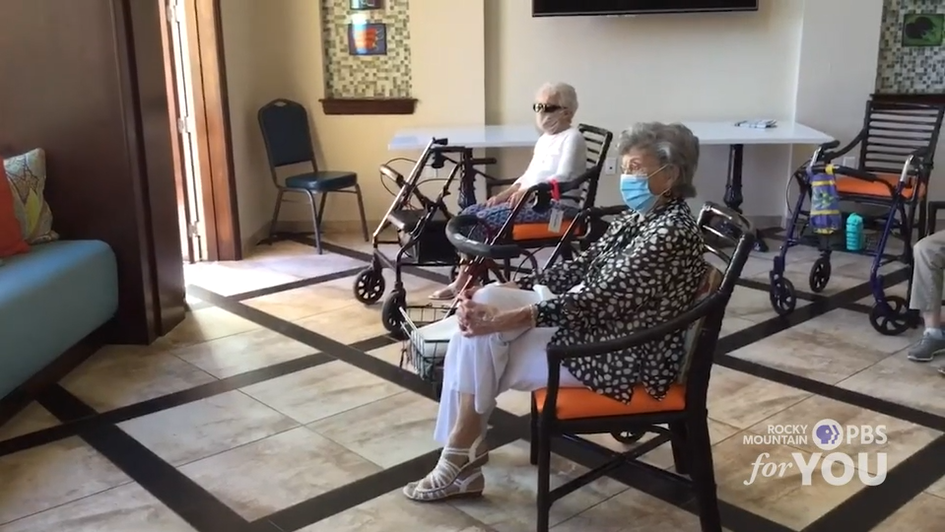DENVER—In the midst of an ongoing pandemic, many sizable Colorado school districts are offering online learning programs this fall. But data shows very few students are choosing that option.
In 10 districts surveyed by Chalkbeat, only between 1% and 2% of students chose the fully remote option for the 2021-22 school year. That’s a dramatic decrease from the past school year, when a significant portion of students opted to learn online.
In Denver, for example, about a third of the district’s approximately 90,000 students chose to stay online for the second semester last school year amid a spike in COVID cases statewide. But district data shows only 1% of Denver students had chosen the remote option for this coming school year as of late July, even as case rates in the city creep back up.
Several districts cautioned that the numbers are still in flux. Despite deadlines that passed months ago, officials are allowing families to change their minds before the first day of school.
Dina Puente is still undecided. One of her teenage daughters has chronic health conditions, including asthma and allergies, that could make her really sick if she got COVID. In-person learning is a bigger risk for Puente’s family but she said her kids miss the social interaction of school. Her daughters lost touch with friends because they stayed online last year, she said.
“At the beginning of summer ... my decision was to send my girls to in-person learning,” said Puente, who lives in Denver. But watching the spread of the more contagious delta variant, she said, “I’m thinking, ‘I want them to go in person, but now I want them remote.’”
Remote learning has been the educational hallmark of the COVID-19 pandemic, with schools across the country switching to online classes to try to slow the spread of the virus.
But after two interrupted school years, many schools are eager to get students back into classrooms. Politicians are eager too, with governors in some states ordering schools to reopen five days a week. Colorado, in contrast, has left it up to school districts to decide whether to offer remote instruction and has agreed to financially support online learning for the next two years, as long as districts can show students are learning.
Not many families are taking advantage. Of the 10 districts surveyed by Chalkbeat, Greeley-Evans School District 6, which serves a largely working class community about an hour northeast of Denver, and Adams 12 Five Star Schools, which serves northwest suburban communities like Thornton, had the highest percentage of students choosing online learning at 2.4%. South suburban Douglas County School District, which serves a more affluent community, had the lowest percentage, with 0.9% of students choosing to remain online.
About 1% of students in Denver Public Schools, Jeffco Public Schools, Westminster Public Schools, and Pueblo District 60 have opted to stay online, while about 2% of students in Aurora Public Schools, Cherry Creek School District, and District 51 in Grand Junction have, data shows.
In some diverse districts, including Denver and Cherry Creek, Black families were more likely to choose remote learning, while white families were less likely to choose it, data shows. In Jeffco and Adams 12, Hispanic families were more likely than white families to choose remote.
A similar trend was visible last October in Denver, when a higher percentage of Black and Hispanic students chose to remain online than white students. COVID-19 has disproportionately impacted Black and Hispanic communities in Colorado, with both experiencing higher rates of infection and death than the state’s white population.
Community organizations that work with parents say the inconsistent quality of remote instruction over the past two school years may be deterring more families from signing up this year. While some teachers and students thrived online, many more struggled. A poll conducted in January by several Denver-area education advocacy groups found that 65% of parents felt their children were learning less online than they would be in person.
“What parent do you know that was like, ‘Ooh, that went well?’” said Ariel Smith, the co-founder and executive director of Transform Education Now.
Some parents are also concerned about losing a connection to their children’s school. Unlike last year, districts are centralizing online instruction this year as most students return to the classroom. That means students who remain online will be taught by online-only teachers, not teachers from their home school, and will likely learn alongside new classmates.
Mask mandates may also play a role in families’ decisions. Most Colorado districts didn’t announce until recently whether they’d require students to wear masks this fall. Parents worried that their district isn’t requiring masks may want to switch their children to remote learning, while parents opposed to masks in districts where they’re required may do the same.
Joanna Rosa-Saenz said she was disappointed to learn Denver Public Schools is requiring masks for all students, and that Denver’s mayor is mandating school staff get vaccinated. Rosa-Saenz is opposed to all vaccinations for religious reasons, and she said she worries that the district may mandate COVID vaccinations for students too. After keeping her children online all last school year, she registered them for in-person learning. But she has reservations.
“I’ve been praying about it,” said Rosa-Saenz, whose children will be in ninth grade, third grade, and kindergarten. “I want to give the school this opportunity but I don’t know how that looks.”




